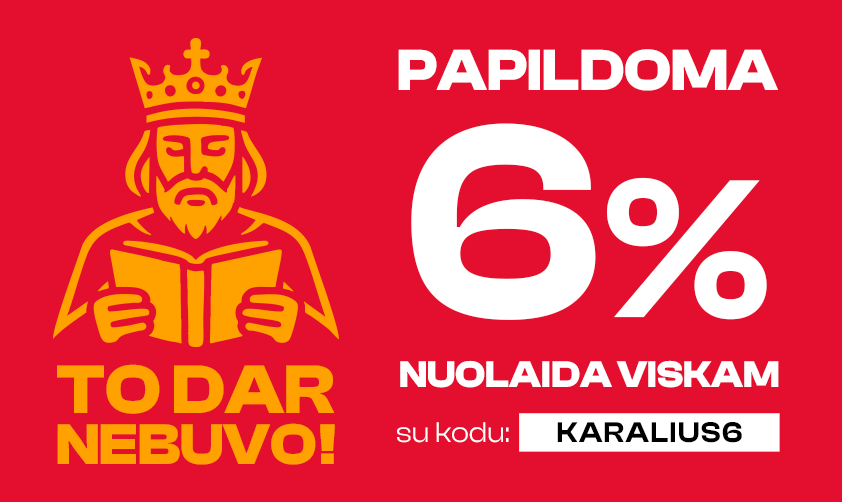- Išparduota
- Autorius: Lloyd Hughes Davies
- Leidėjas: University of Wales Press
- Metai: 2020
- Puslapiai: 272
- ISBN: 9781786835772
- ISBN-10: 1786835770
- ISBN-13: 9781786835772
- Formatas: ACSM ?
- Kalba: Anglų
Madness and Irrationality in Spanish and Latin American Literature and Culture | knygos.lt
Atsiliepimai
Aprašymas
This is the first monograph to consider the significance of madness and irrationality in both Spanish and Spanish American literature. It considers various definitions of 'madness' and explores the often contrasting responses, both positive (figural madness as stimulus for literary creativity) and negative (clinical madness representing spiritual confinement and sterility). The concept of national madness is explored with particular reference to Argentina: while, on the one hand, the country's vast expanses have been seen as conducive to madness, the urban population of Buenos Aires, on the other, appears to be especially dependent on psychoanalytic therapy. The book considers both the work of lesser-known writers such as Nuria Amat, whose personal life is inflected by a form of literary madness, and that of larger literary figures such as José Lezama Lima, whose poetic concepts are suffused with the irrational. The conclusion draws attention to the 'other side' of reason as a source of possible originality in a world dominated by the tenets of logic and conventionalised thinking.

Elektroninė knyga:
Atsiuntimas po užsakymo akimirksniu! Skirta skaitymui tik kompiuteryje, planšetėje ar kitame elektroniniame įrenginyje.
Kaip skaityti el. knygas ACSM formatu?
Mažiausia kaina per 30 dienų: 92,09 €
Mažiausia kaina užfiksuota: 2025-07-06 06:42:12
- Autorius: Lloyd Hughes Davies
- Leidėjas: University of Wales Press
- Metai: 2020
- Puslapiai: 272
- ISBN: 9781786835772
- ISBN-10: 1786835770
- ISBN-13: 9781786835772
- Formatas: ACSM ?
- Kalba: Anglų
This is the first monograph to consider the significance of madness and irrationality in both Spanish and Spanish American literature. It considers various definitions of 'madness' and explores the often contrasting responses, both positive (figural madness as stimulus for literary creativity) and negative (clinical madness representing spiritual confinement and sterility). The concept of national madness is explored with particular reference to Argentina: while, on the one hand, the country's vast expanses have been seen as conducive to madness, the urban population of Buenos Aires, on the other, appears to be especially dependent on psychoanalytic therapy. The book considers both the work of lesser-known writers such as Nuria Amat, whose personal life is inflected by a form of literary madness, and that of larger literary figures such as José Lezama Lima, whose poetic concepts are suffused with the irrational. The conclusion draws attention to the 'other side' of reason as a source of possible originality in a world dominated by the tenets of logic and conventionalised thinking.



Atsiliepimai